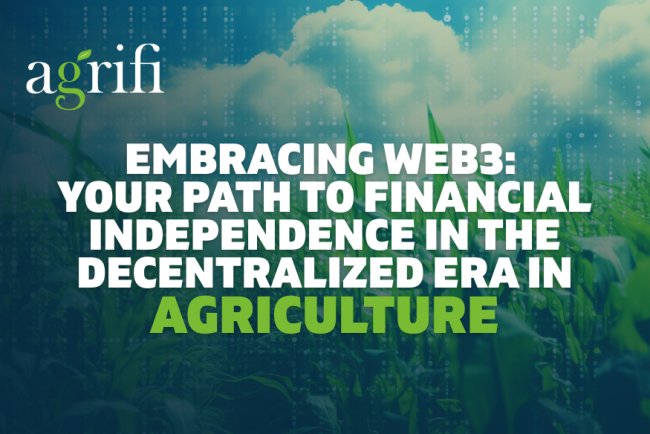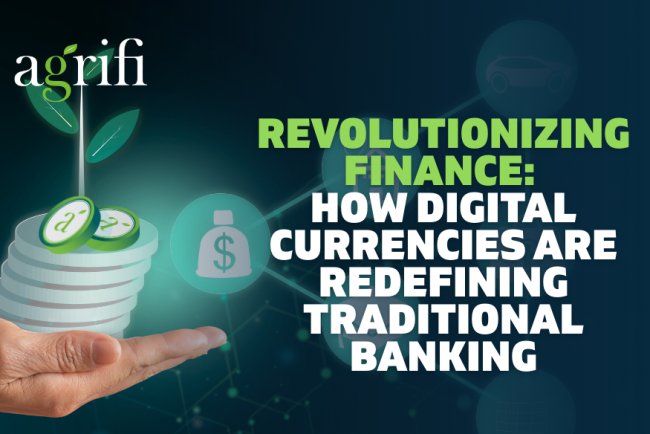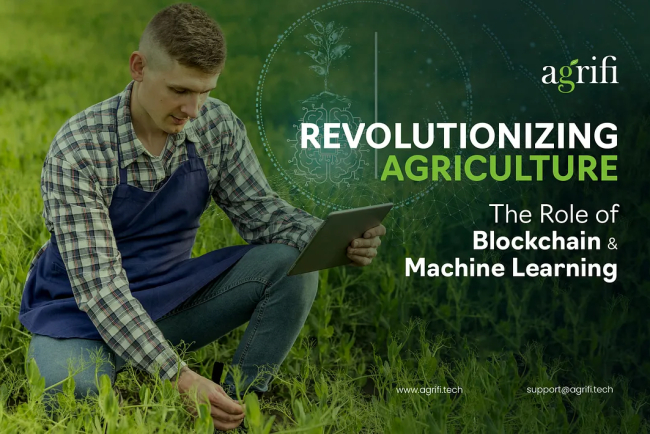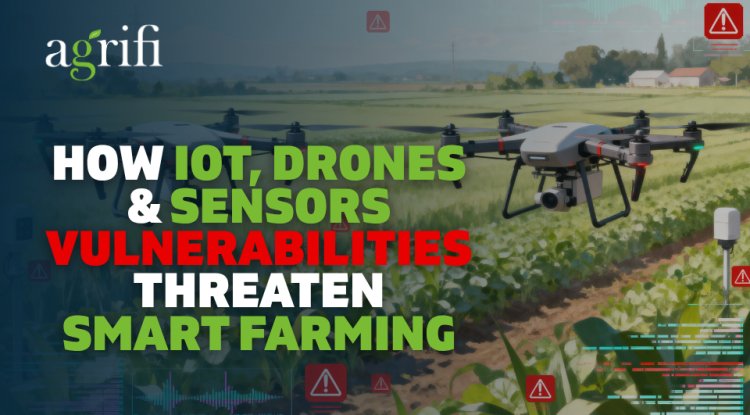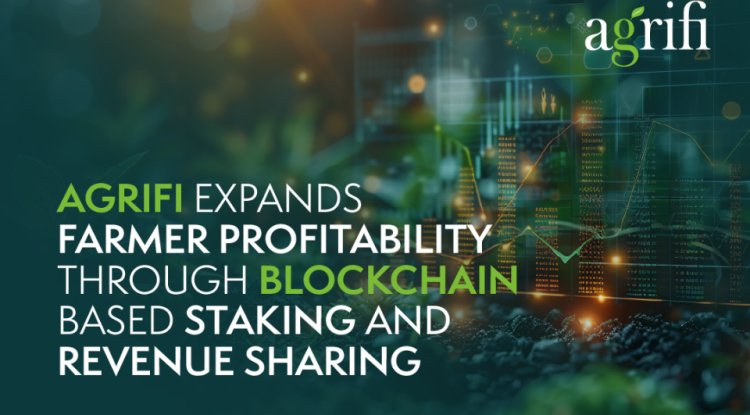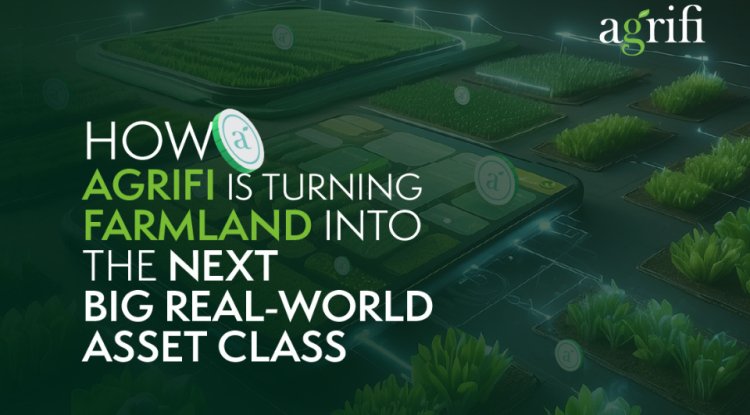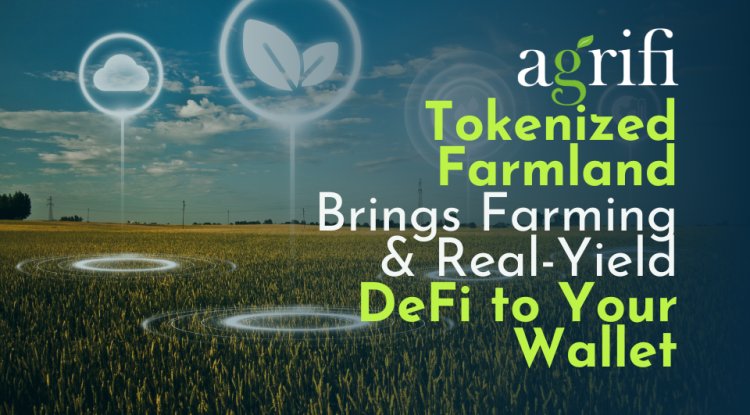Blockchain’s Transformative Impact on Farming
Discover how blockchain technology is transforming agriculture by enhancing transparency, ensuring fair payments, and promoting sustainability. Learn about its potential to revolutionize the agricultural supply chain, empower farmers, and foster global market access.
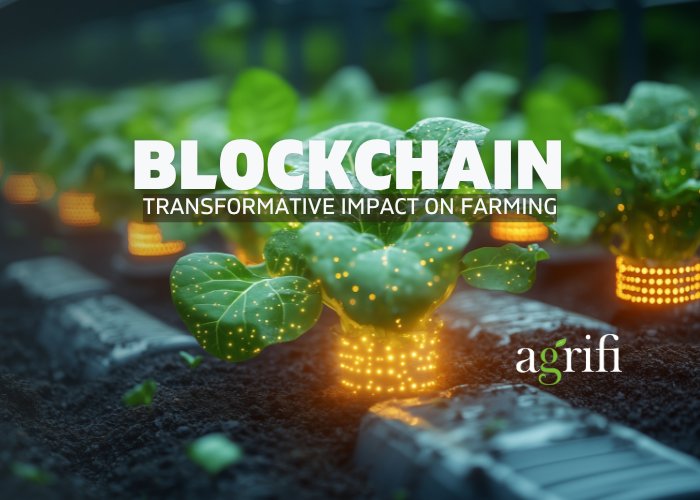
In recent years, the term "blockchain agriculture" has been increasingly circulating in discussions about the future of farming and food production. But what exactly does it entail, and why is it generating such buzz? Let's delve into the world of blockchain technology and its transformative impact on the agricultural supply chain.
At its core, blockchain agriculture harnesses the power of blockchain technology to revolutionize the way we manage and trace agricultural products throughout the supply chain. With a growing demand for transparency and accountability in food production, blockchain offers a groundbreaking solution.
The adoption of blockchain technology in agriculture is still in its nascent stages, but its potential is undeniable. According to Insight Ace Analytic reports, the Blockchain in the Agriculture and Food Supply Chain Market Size is projected to soar from 285.34 Million in 2022 to a staggering 7378.68 Million by 2031, marking a remarkable 43.76% CAGR during the forecast period.
Benefits of Blockchain in Agriculture
-
Traceability and Transparency: One of the most significant advantages of blockchain in agriculture is its ability to provide unparalleled traceability and transparency throughout the supply chain. By leveraging blockchain as a digital ledger, every step of a food product's journey—from farm to market—is meticulously recorded, ensuring consumers have access to comprehensive information about the origins of their food.
-
Improved Quality Control and Food Safety: Data-driven insights play a pivotal role in enhancing quality control and food safety in agriculture. Through the integration of sensors and data analytics, farmers can monitor crucial metrics such as temperature, humidity, and soil health in real-time. This wealth of data, stored securely on the blockchain, empowers farmers to make informed decisions, optimize growing conditions, and uphold rigorous safety standards.
-
Environmental Sustainability: Blockchain technology serves as a catalyst for promoting sustainable farming practices. By monitoring and verifying environmentally friendly techniques such as reduced chemical usage, efficient resource management, and biodiversity preservation, blockchain enables farmers to minimize their ecological footprint while safeguarding natural resources for future generations.
-
Efficiency and Fair Payments for Farmers: By digitizing records and implementing smart contracts, blockchain streamlines processes, eliminates intermediaries, and ensures prompt and equitable payments for farmers. Smart contracts automatically execute predefined conditions, facilitating seamless transactions and empowering farmers with greater control over pricing and distribution.
How Blockchain Helps Farmers
-
Transparent Transactions: Blockchain provides an immutable ledger of transactions, enabling farmers to track their produce's journey and ensure fair compensation based on accurate data.
-
Smart Contracts for Automated Payments: Automated payment processes facilitated by smart contracts ensure timely and accurate remuneration for farmers, without the need for intermediaries.
-
Empowering Farmers with Pricing Control: Blockchain decentralizes the marketplace, allowing farmers to negotiate prices directly with buyers and exercise greater autonomy over their produce's valuation.
-
Enhanced Bargaining Power: Armed with insights gleaned from blockchain's transparency, farmers can leverage market trends and demand data to negotiate better deals and secure favorable prices for their goods.
-
Reduced Operational Costs: By streamlining supply chain operations and reducing reliance on intermediaries, blockchain helps farmers cut operational expenses, thereby increasing profit margins.
-
Global Market Access: Blockchain opens doors to global markets by facilitating secure cross-border transactions, enabling farmers to tap into new opportunities and expand their reach beyond local confines.
Blockchain agriculture holds immense promise for revolutionizing the agricultural landscape, offering a pathway to enhanced transparency, sustainability, efficiency, and equity. As this transformative technology continues to evolve, its potential to reshape the future of farming and food production remains boundless. Embracing blockchain agriculture isn't just about adopting a new technology—it's about embracing a new paradigm that prioritizes accountability, sustainability, and empowerment across the entire agricultural ecosystem.
What's Your Reaction?







